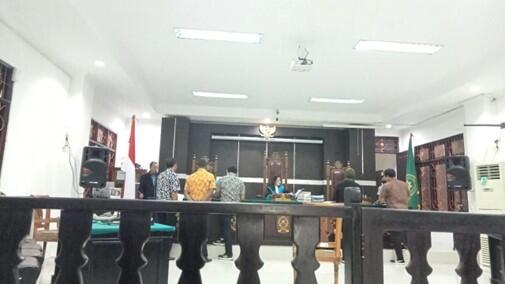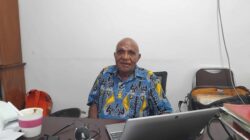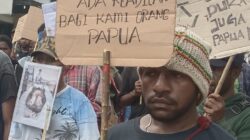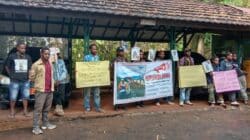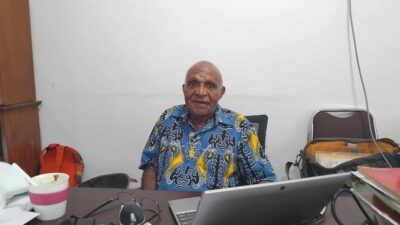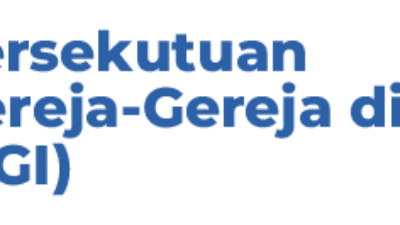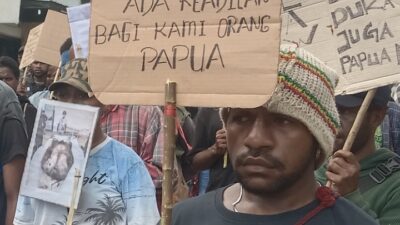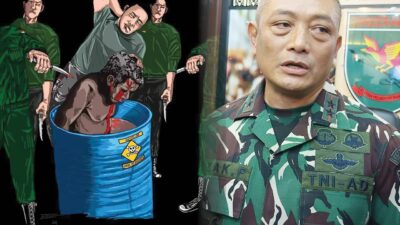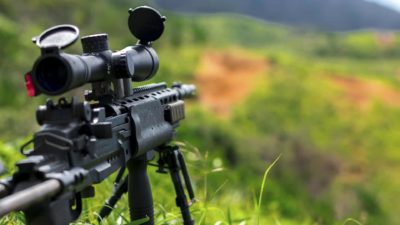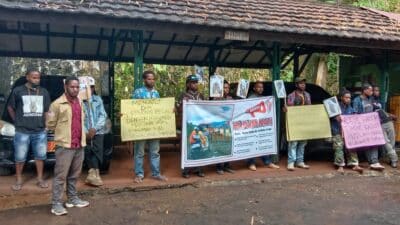Jayapura, Jubi – Totok Dwi Diantoro, an expert witness for the Awyu Tribe in their environmental lawsuit, said the consent of indigenous peoples was an absolute prerequisite for granting business licenses within customary lands.
During a hearing on October 5, 2023, Diantoro, who is a lecturer in Environmental Law at Gadjah Mada University’s Faculty of Law, explained that this consent should be clear and established from the outset, serving as the foundation for ensuring that affected people know the consequences of proposed activities on their lives.
This legal dispute pertains to the environmental feasibility permit granted by Papua’s One Stop Integrated Service for an oil palm plantation operated by PT Indo Asiana Lestari (PT IAL), covering 36,096 hectares in Mandobo and Fofi Districts, Boven Digoel Regency, South Papua Province. The Awyu indigenous community alleges that the permit was issued without their knowledge.
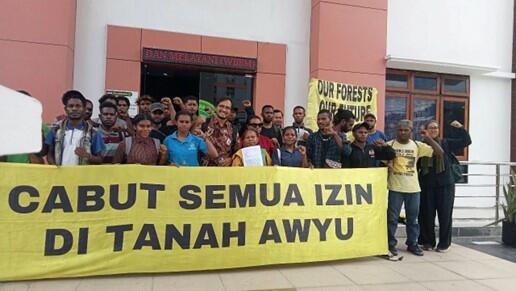
“If consent was obtained through intimidation or threats of violence, the principle of freedom was not met,” Diantoro said, while stressing that compilers of the Environmental Impact Analysis (AMDAL) must not omit information about community rejection of a proposed project, as community participation and input are crucial.
Furthermore, he emphasized the importance of thorough scrutiny by administrative officials responsible for assessing AMDAL documents. He cautioned that simply approving these documents without careful evaluation neglects the precautionary principle.
During the Thursday trial, the Awyu indigenous people’s legal team presented additional evidence, including video transcripts of an event in 2017 where indigenous leaders expressed their opposition to the oil palm plantation project. They also submitted a video transcript depicting threats received by the plaintiffs after the event.
The panel of judges adjourned the hearing until October 19, 2023, when the next agenda will be the reading of conclusions. (*)


